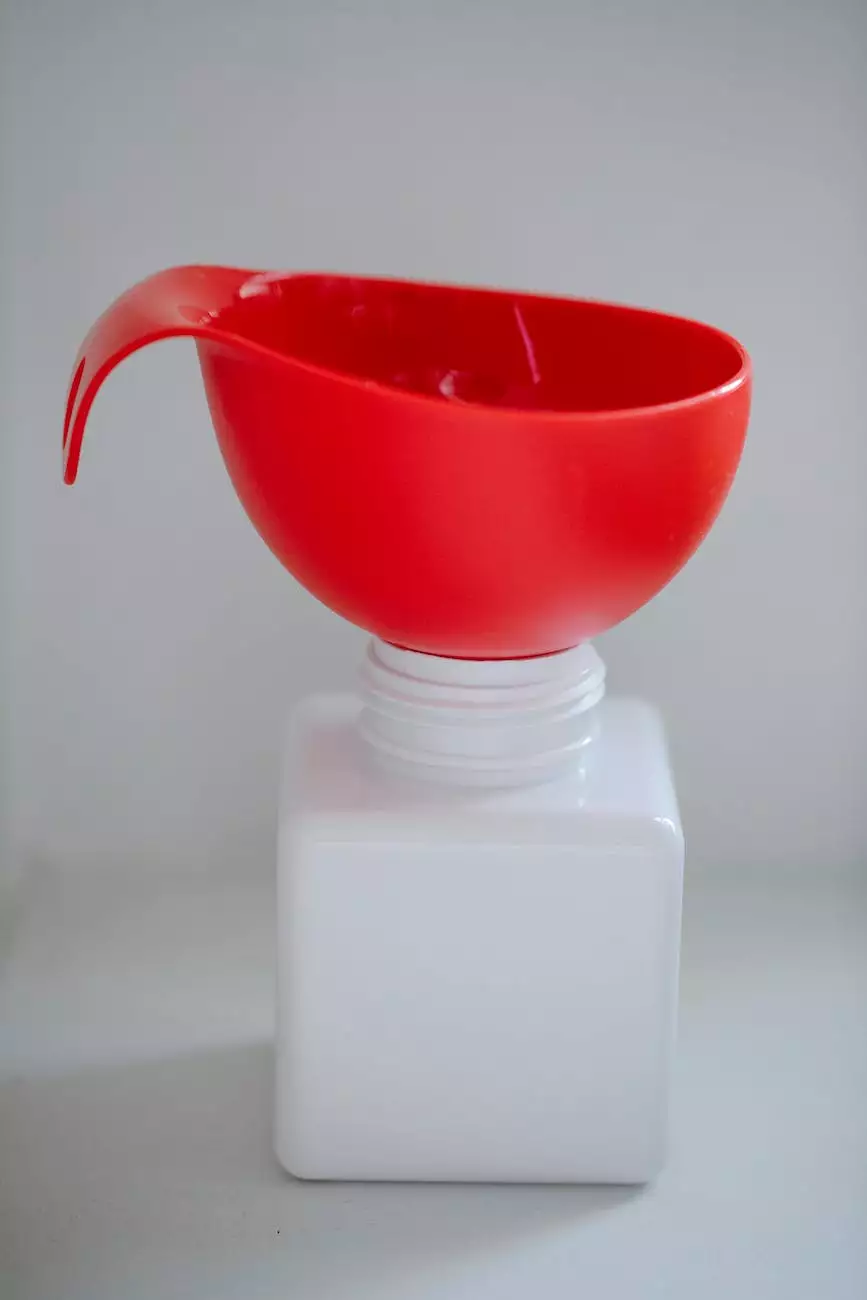Understanding Pes Cavus Causes and Treatments

Welcome to The Foot Practice, your trusted destination for top-quality foot care services. As experts in the field, we are dedicated to providing comprehensive health and medical solutions for individuals looking for podiatrists who specialize in foot care. In this article, we will delve into the causes of pes cavus and explore various treatment options to help you understand this condition better.
What is Pes Cavus?
Pes cavus, also known as high arches, is a foot deformity characterized by an unusually high arch. Unlike regular feet, this condition puts excessive pressure on the heel and ball of the foot, resulting in various symptoms and discomfort. While some individuals are born with pes cavus, others may develop it over time due to certain factors.
Causes of Pes Cavus
Pes cavus can have several causes, including:
- Neurological conditions: Certain neurological disorders such as Charcot-Marie-Tooth disease, spina bifida, muscular dystrophy, or stroke can contribute to the development of pes cavus.
- Genetic factors: Pes cavus can be inherited from parents who have the condition. It can be passed down through generations, making some individuals more prone to developing high arches.
- Injury: Traumatic injuries or damage to the nerves in the lower limbs can result in pes cavus.
Common Symptoms
Individuals with pes cavus may experience various symptoms and foot-related problems, such as:
- Foot pain and discomfort, especially during physical activities or prolonged standing.
- Unstable gait or difficulty walking on uneven surfaces.
- Corns and calluses due to excess pressure on specific areas of the foot.
- Ankle instability and frequent sprains.
- Nerve-related issues like numbness or tingling sensation.
Treatment Options for Pes Cavus
At The Foot Practice, our experienced podiatrists offer a range of treatment options to alleviate the symptoms of pes cavus and enhance your overall foot health. Depending on the severity and underlying cause of your condition, we may recommend one or more of the following approaches:
Orthotic Devices
Custom orthotic devices can provide necessary support and stability to individuals with pes cavus. These specially designed shoe inserts help distribute pressure evenly across the foot, relieving pain and discomfort.
Physical Therapy
Physiotherapy exercises aimed at improving balance, flexibility, and strength can significantly benefit individuals with pes cavus. Our skilled therapists will create a personalized exercise program based on your specific needs to enhance the functionality of your feet.
Surgical Intervention
In severe cases where conservative treatments do not yield the desired results, surgical intervention may be considered. Our expert podiatrists will thoroughly assess your condition to determine if surgery is necessary and guide you through the entire process.
Contact The Foot Practice for Pes Cavus Relief
If you are experiencing symptoms of pes cavus or have concerns about your foot health, The Foot Practice is here to help. Our dedicated team of podiatrists, specializing in foot care, will provide you with the highest level of care to address your specific needs. Contact us today to schedule an appointment and take the first step towards a pain-free life.
Disclaimer: This article is for informational purposes only and does not replace professional medical advice. Please consult a qualified healthcare professional for an accurate diagnosis and personalized treatment plan.
pes cavus causes









